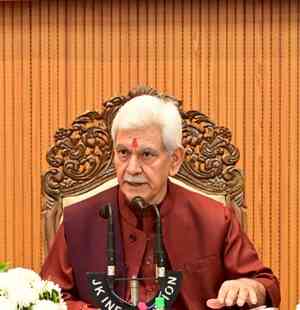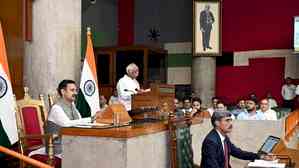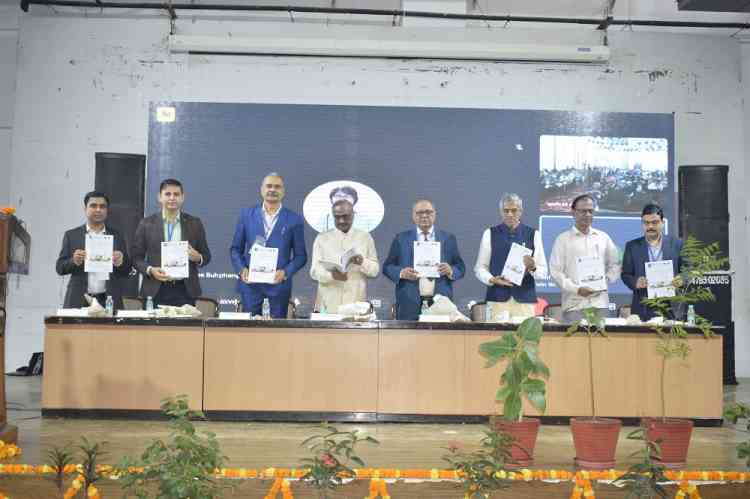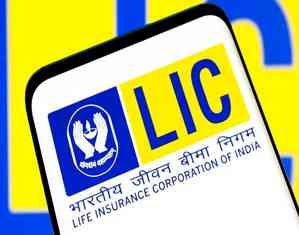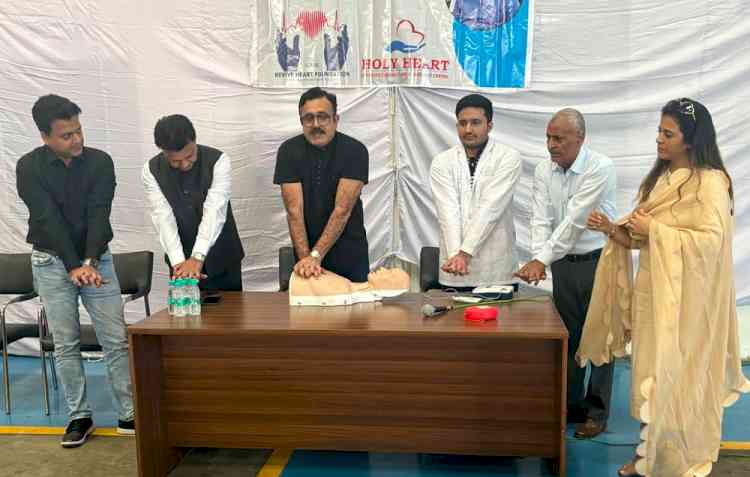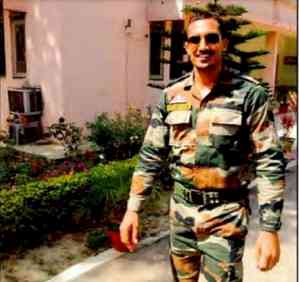Delhi HC encourages virtual appearance in criminal trials, citing flexibility with technology
The Delhi High Court has observed the importance of embracing modern technology and allowing virtual appearances in criminal trials, provided that such proceedings do not compromise the fairness or integrity of the trial.

New Delhi, Sep 8 (IANS) The Delhi High Court has observed the importance of embracing modern technology and allowing virtual appearances in criminal trials, provided that such proceedings do not compromise the fairness or integrity of the trial.
Justice Swarana Kanta Sharma stated that courts should be flexible in considering requests made by accused individuals to participate in criminal trials virtually when it can effectively proceed without jeopardising the trial's fairness.
The judge was dealing with a plea from a 75-year-old man facing a rape charge. He challenged a trial court order that had directed him to attend proceedings either physically or virtually based on his health conditions. The court also required him to provide supporting medical documents when appearing virtually.
Justice Sharma stressed on the need for a balance between the rights of the accused and the practicalities of the legal process, stating: "In cases where appearing before the Court and joining the proceedings in a criminal trial through virtual modes do not compromise the integrity or fairness of the trial, the courts should be flexible in embracing modern technology and allowing virtual appearances."
The accused argued that due to his advanced age and health conditions, it was impractical for him to attend every hearing physically.
He also contended that the requirement for a fresh medical certificate on every virtual appearance contradicted the rules and regulations applicable to the Delhi High Court and district courts.
Justice Sharma referred to an office order issued by the Delhi High Court in June, which allowed parties or their counsel to appear through hybrid or video-conferencing mode without prior requests. The order specifically applied to cases involving sexual offenses.
The court concluded that the order applied to the accused facing charges under Section 376 of the Indian Penal Code. It clarified that courts could still direct parties or their counsel to appear physically if essential and provide reasons for such directions.
Justice Sharma granted relief to the elderly accused, saying that courts could exercise discretion when the accused's physical presence was not essential for a speedy trial.
The court set aside the impugned order's directions regarding the physical or virtual presence of the accused, and directed the accused to appear virtually on every hearing date before the trial court, with his counsel attending physically.
The accused was told not to seek adjournments except in unavoidable circumstances and not to provide a medical certificate for every hearing.


 IANS
IANS 


